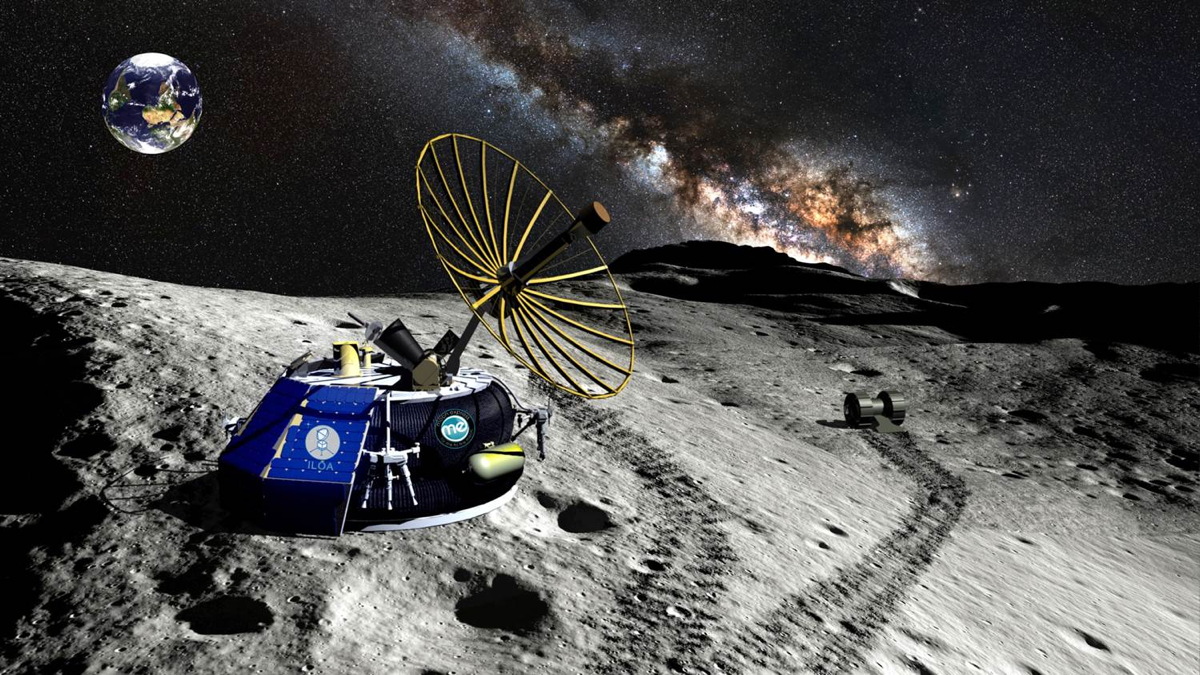As Led Zeppelin extols, it’s been a long time since we
walked in the moonlight. Well, at the
source, at least. Now, although humans
aren’t slated to return to our shiny little satellite-rock anytime soon, a
private company has been granted access to robotically rock the regolith…
 |
| Sky pioneers = sky-oneers? (Image courtesy techcrunch.com.) |
According to space.com, the Florida-based company Moon
Express has been officially approved for a robotic lunar landing in 2017. Moon Express intends to fly commercial
missions to our stellar sibling for the purpose of studying and eventually gleaning
its resources. It is the first time in
history that a private company has been given permission to land on the moon.
| An image of our impending robotic moon-domination. Get it, future! (Image courtesy pics-about-space.com.) |
This approval is thought to be the first in a bevy of
decisions that could regulate the burgeoning deep-space industry. Prospective space-mining companies have thus
far only been granted access to work on or around planet Earth. The approval was granted first by the Federal
Aviation Administration before going on to be cleared by the U.S. State
Department, the U.S. Department Of Defense, NASA, the National Oceanic and
Atmospheric Administratiion, and the Federal Communications Commission.
| One small robot from man, one giant robotic leap for mankind! (Image courtesy americaspace.com.) |
Moon Express, who have already signed a multi-launch deal
with Rocket Lab, plans to launch a proprietary landing craft called the MX-1
aboard a Rocket Lab Electron booster.
The initial mission objectives for the MX-1 will be to test its
performance strengths and weaknesses while moving around on the moon.
They’re also maneuvering for the Google LunarX-Prize, a competition that will award $20 million to the first company that
lands a craft on the moon, mobilizes it for at least 500 meters, and beams HD
evidence of their success back to Earth.
(Sixteen teams remain in the running for this particular goal, with the
runner-up receiving $5 million, and an additional $5 million for meeting other
moon-milestones.)
Future missions would find Moon Express landers locating and
extracting resources such as water-based ice or other moon materials. No word yet on how the cheese is. But as Jain claims, "In 15 years, the moon will be an important part of Earth’s economy, and potentially our second home."
 |
| Artist's rendition of the MX-1 in lunar orbit. Next stop, Moonhattan? (Image courtesy theengineer.co.uk.) |

No comments:
Post a Comment